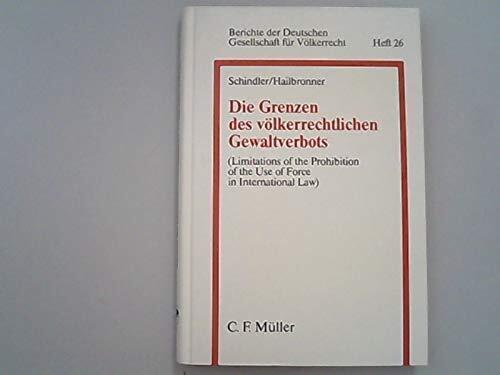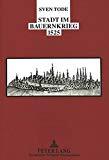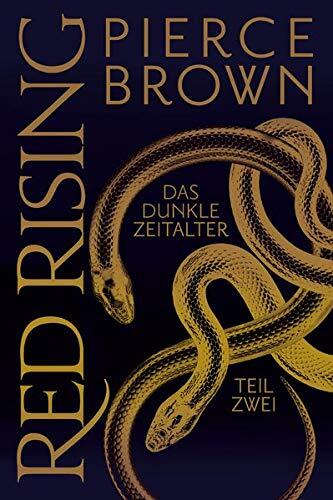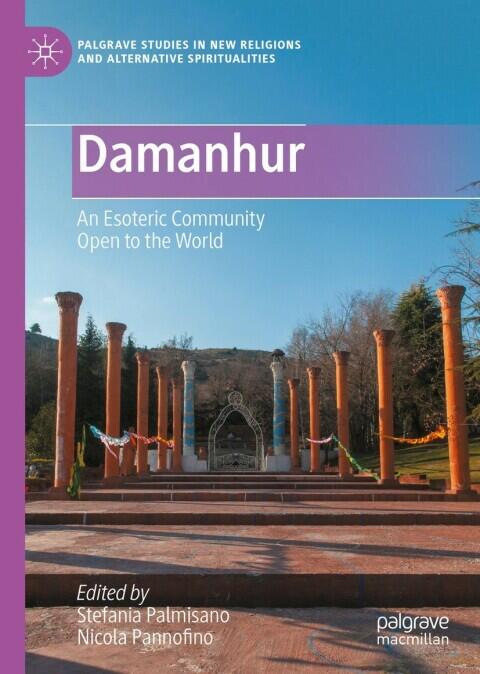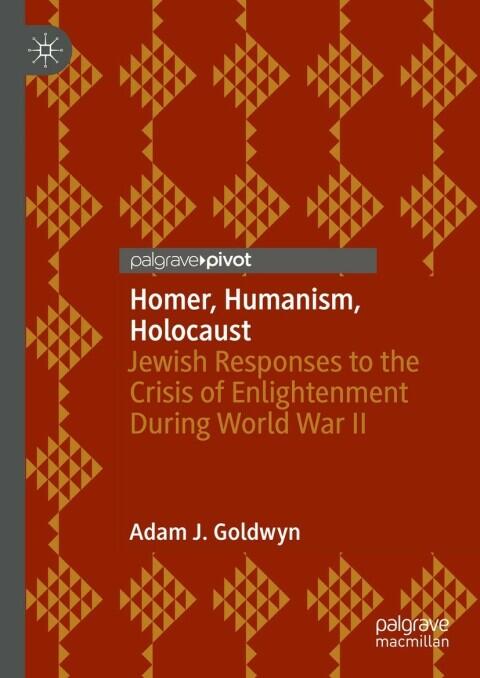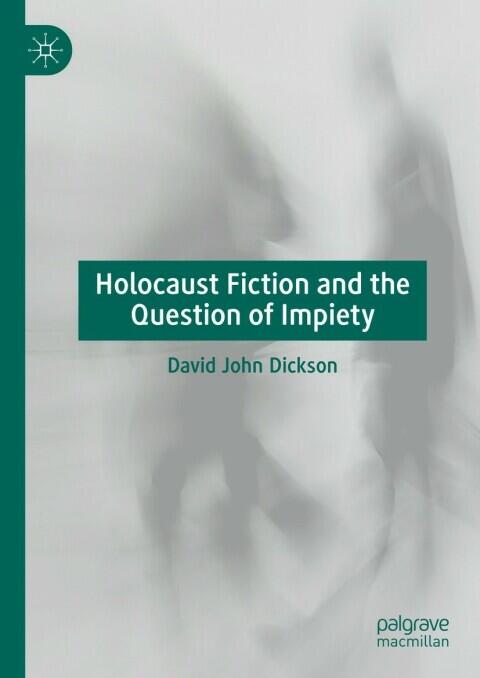
Holocaust Fiction and the Question of Impiety
par
David John Dickson
Pas encore d'évaluations
Science Fiction
Action & Adventure
History
Format
Kindle
Pages
336
Langue
Anglais
Publié
Jan 1, 2022
Éditeur
Palgrave Macmillan
Édition
4
ISBN-10
3031123948
ISBN-13
9783031123948
Description
In a thought-provoking exploration of contemporary Holocaust fiction, this work delves into the complexities of narrative and memory surrounding one of history's most harrowing events. Through a critical lens, it investigates the tension between historical representation and the ethical responsibilities that come with it. The author grapples with the themes of impiety, offering a nuanced perspective on how stories of the Holocaust can sometimes traverse the delicate boundaries of respect and irreverence.
Engaging with the theoretical framework of Gillian Rose, the text interrogates the implications of storytelling in the context of profound trauma. It provokes readers to consider not just what stories are told, but how they are told and who gets to tell them. The author emphasizes the importance of authenticity and the potential pitfalls of fictionalizing real-events, making a case for the need for sensitivity in such portrayals.
The book goes beyond mere analysis, inviting a broader discourse about memory and its representation in literature. By weaving together critiques of specific works along with philosophical musings, it calls for a reflection on the moral burdens that come with engaging in Holocaust narratives.
Ultimately, this examination challenges readers to confront their own beliefs about storytelling and the concept of impiety in literature, leaving them with a deeper understanding of the ramifications of representing trauma in contemporary fiction.
Engaging with the theoretical framework of Gillian Rose, the text interrogates the implications of storytelling in the context of profound trauma. It provokes readers to consider not just what stories are told, but how they are told and who gets to tell them. The author emphasizes the importance of authenticity and the potential pitfalls of fictionalizing real-events, making a case for the need for sensitivity in such portrayals.
The book goes beyond mere analysis, inviting a broader discourse about memory and its representation in literature. By weaving together critiques of specific works along with philosophical musings, it calls for a reflection on the moral burdens that come with engaging in Holocaust narratives.
Ultimately, this examination challenges readers to confront their own beliefs about storytelling and the concept of impiety in literature, leaving them with a deeper understanding of the ramifications of representing trauma in contemporary fiction.
Avis
Aucun avis pour le moment
Soyez le premier à donner votre avis sur ce livre et partagez vos pensées
Ajouter le premier avisJournal de lecture
Aucun journal de lecture trouvé
Commencez à suivre vos progrès de lecture pour voir les journaux ici
Ajoutez votre premier journal de lectureNotes
Journal des transactions
Aucun journal de transactions trouvé
Commencez à suivre vos transactions de livres pour voir les journaux ici
Ajoutez votre premier journal de transactions

